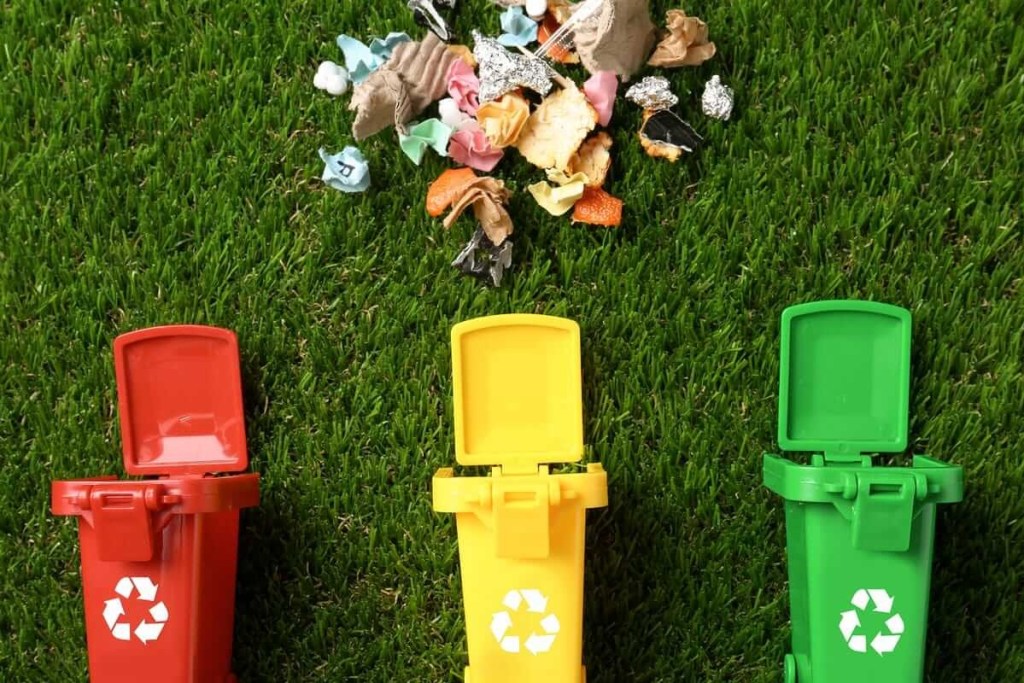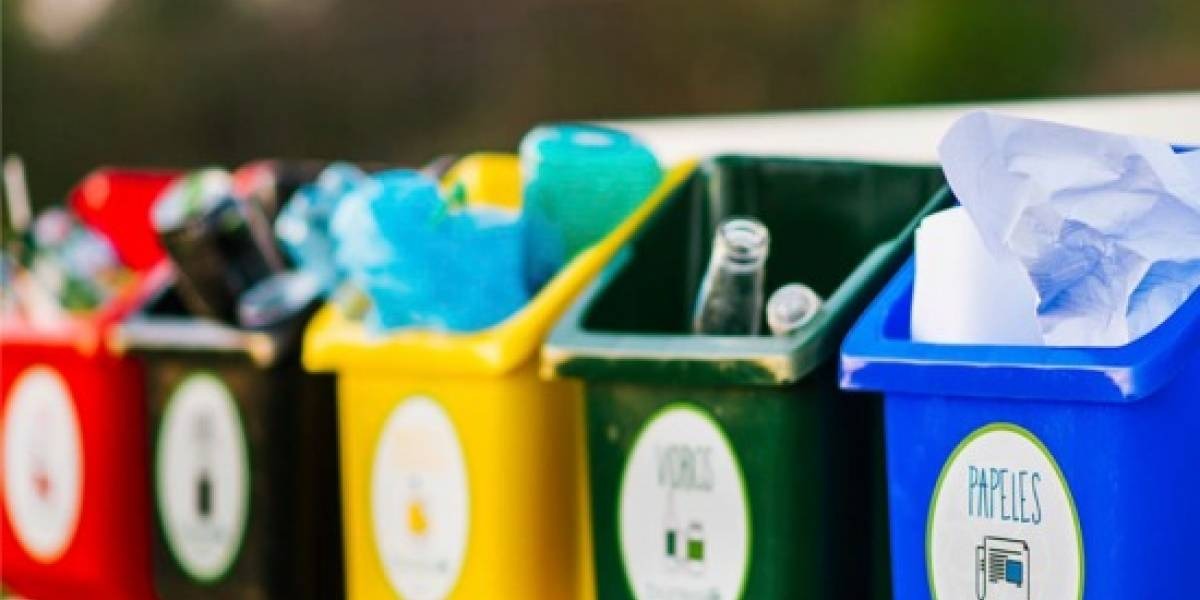
On Friday, August 11, the 18-month adaptation period issued by the Ministry of Environment and Natural Resources (MARN) kicked off to allow municipalities, as well as entities working on waste extraction, to adapt to the implementation of Government Protocol 164-2021, General Solid Waste and Waste Management Regulations.
Regulations issued in 2021 state that citizens must undergo “primary sorting,” which involves separating ordinary solid waste from organic and inorganic waste.
This classification will continue until at least February 11, 2025, when Guatemalans will begin the second phase, in which they must classify rights as organic, recyclable (paper, cardboard, glass, metal, multilayer) and non-recyclable, according to The revised regulations of the “Regulations” announced on August 9.
The changes also indicate that there will be 42 months from August 2021 to adapt to the regulation, as well as the obligation to comply with it, which is 18 months from this Friday.
According to the government agreement 164-2021, the process that will be implemented after the classification of the house is as follows:
Collection and Shipping
transfer
Recovery and Recycling
treat
Solid Waste Final Disposal
temporary storage
Likewise, the Regulation provides for the establishment of spaces or premises for the temporary storage of ordinary solid waste and waste, in which there must be sufficient capacity to store said waste.
These places should have ventilation, be designed according to the characteristics of the collection and transportation equipment, have a solid and stable structure, be connected to sanitary drainage pipes, and have clear signs, etc.
MARN, in turn, develops standards for containers or containers for the temporary storage of solid waste.
collection and transportation
The regulations state that public and private areas must have vehicles dedicated to collecting and transporting solid waste and waste, and this must be done within a maximum of 72 hours.
In these vehicles, only necessary personnel can be mobilized to carry out preparatory tasks for material recovery, and the transport of waste through the different established segregation categories must be guaranteed.
transfer
After the transportation and collection process of ordinary solid waste is completed, it must be transported to the designated place for “transshipment” in accordance with the provisions of the agreement.
According to this statement, the government of Alejandro Giammattei determined that the land would be dedicated to the transfer of solid waste, which must, inter alia, have a fixed structure and not be “subject to flooding or the effects of landslides”.
The legislation requires that the site must have physical facilities for roads and pedestrian movement, as well as loading and unloading areas for waste and solid waste.

Therefore, the solid waste transfer space at these sites must be at least 100 meters from the nearest dwelling or building, and at least 50 meters from the nearest body of water.
These premises must also be equipped with measures such as perimeter physical barriers with a height of 1m50cm, deodorization equipment and pest and vector control accessories.
Recovery and Recycling
At the same time, MARN established the “recycling” of recyclable materials, which can be carried out in separate facilities dedicated to these waste operations; but also requires corresponding measures in various places.
Handling and Final Disposal
The “Regulations” establishes a common solid waste disposal system, which can be carried out in the following ways:
incineration
Mechanical volume reduction
Mechanical size reduction
After the treatment process, the Ministry of Environment and Natural Resources has established a final disposal system for ordinary solid waste, which will be carried out through the sanitary landfill system.
Sanitary landfills are located at least one kilometer away from geological faults, are not affected by floods and landslides, and have a service life of no less than 15 years.
The site must also be 250 meters from dwellings or buildings, and not be located upstream of any source of water for human consumption, and have a physical perimeter barrier of 1.5 meters, as well as natural barriers to minimize spread. other regulations.
Municipal Planning
Likewise, MARN provisions will prevent and mitigate impacts related to environmental water systems, soil systems, biological systems, and atmospheric systems and visual system.
other regulations
Among some of the regulations are that operators of public solid waste systems must be vaccinated against hepatitis B, tetanus and rabies.
In turn, these locations will have facilities that meet minimum standards, have health cards, and have measures in place to control pests in the space.
MARN has also established sanctions and, in addition, within the first three years, technical diagnostics will be carried out and the gradual emission reduction measures required in line with the circular economy will be developed.

